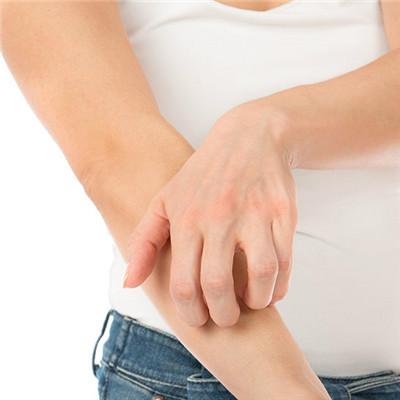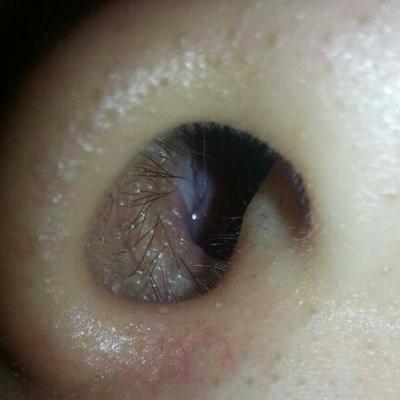How does oil earwax become dry?
summary
Nowadays, people don't pay much attention to the cleaning of the ears. The earwax generated for a long time is dry. However, some people have oily earwax because of the oily secretion of the body. If they stay in the inner side of the ears for a long time, there will be a big smell. The smell will be hard to accept. Wet earwax must be cleaned up in time, After cleaning, local disinfection should also be carried out to prevent infection. Let's talk about my experience.
How does oil earwax become dry?
Under normal circumstances, earwax can protect the external auditory canal and tympanic membrane. Therefore, generally speaking, earwax does not need to be cleaned deliberately. Earwax is divided into dry and oily. Most people's earwax is dry and exists in the external auditory canal in flakes. Dry earwax can move with the opening and occlusion of the mouth, so it is easy to fall out of the external auditory canal. If it is oily earwax, it is not easy to fall off because it is thicker.

Once the accumulation in the external auditory canal is too much, forming a hard block in the external auditory canal, it will become cerumen embolism. In this case, it is necessary to clean up the earwax. In addition to oily earwax, cerumen embolism may also be caused by the following reasons: cerumen formed by foreign body entering the ear; Excessive cerumen secretion; External auditory canal deformity, stenosis, tumor and other reasons prevent cerumen from falling out; wait. However, for the sake of their own ear health, it is recommended to go to the hospital to find a professional doctor to clean the earwax. It is not recommended to dig the ear with ear stick, ear spoon and other tools, and it is not recommended to go to the market service agencies for cleaning at will.

Most people's ear canal secretions are dried into scaly, slightly yellowish scab, called "dry cerumen". A small number of people's secretions are always oily or mushy, thick and dark brown“ The occurrence of "oil ear" is related to race and nationality. Most of the earwax of East Asian people, including Chinese, Japanese and Korean people, is dry. In contrast, 97% of African Europeans, including North Americans, have wet earwax, while the same proportion of South Asians. The Native Americans, like the East Asians, are estimated to have migrated from East Asia across the bailing Strait to America.

matters needing attention
The study also found that earwax is wet, sweating is easier for people, and the body tends to smell, especially armpit. This is also the main reason for the development of European perfume industry, which is determined by the gene of earwax. East Asians may be cold, self-protection, less sweating, even dry earwax, and finally genetic changes. On the other hand, it's not clear whether you can indirectly understand whether a person has axillary osmidrosis by looking at the dry and wet earwax.













